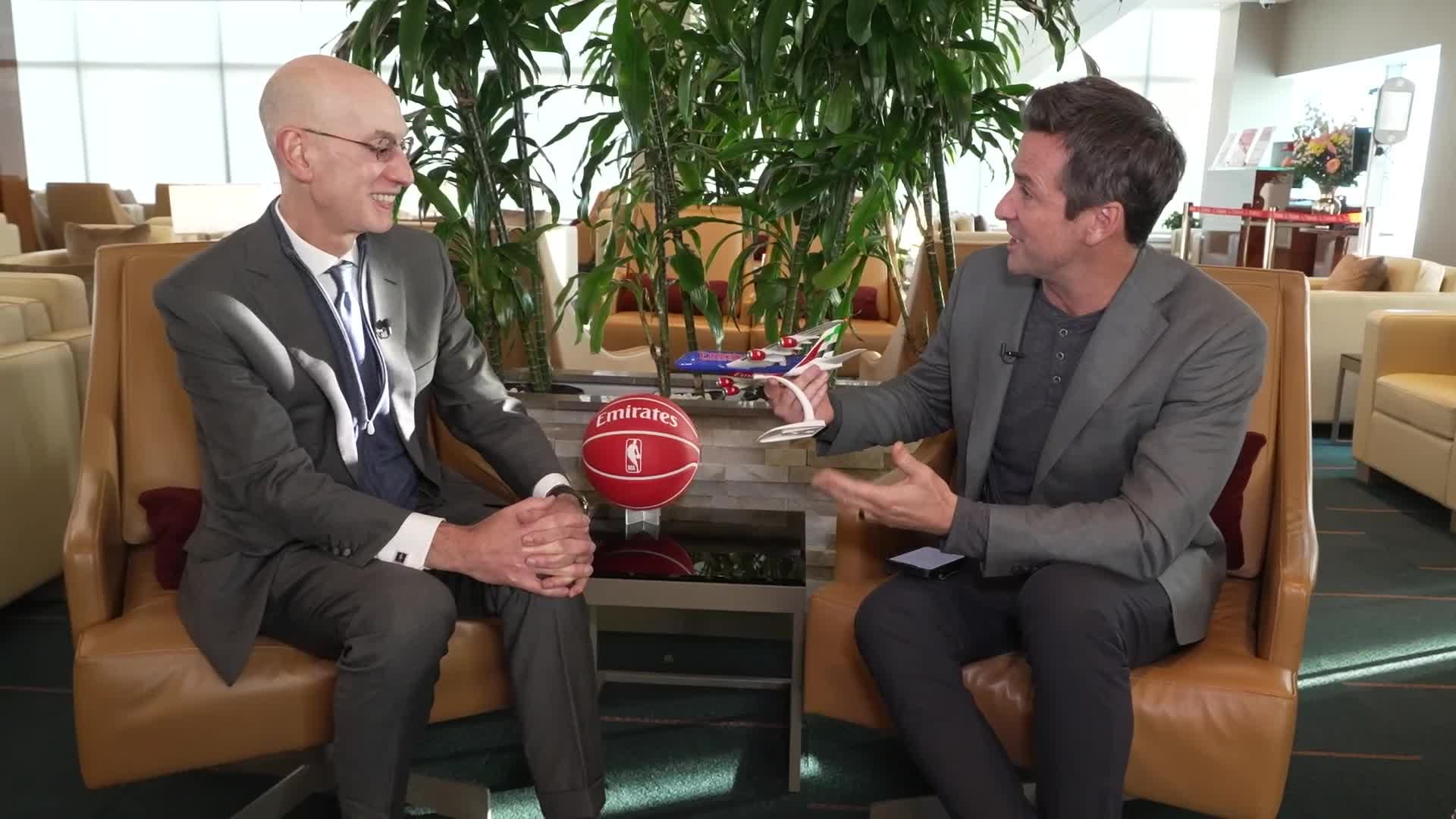After years of preferring beer over liquor, spirits have become the go-to drinking option for Americans.
The slow climb in spirit popularity has been evident over the last several decades but the category finally came out on top in 2022. Some of the growth can be attributed to the revival of cocktail culture, which includes the popularity of ready-to-drink options like Lime-A-Ritas and Jack Daniel's Country Cocktail.
Last year marked the 13th straight year of growth in the spirit category, and it currently holds 41.9 percent of the market share. In 2022, spirit sales hit a record $37.6 billion, a 5.1 percent jump from the previous year.
"Some of it's just the younger generation coming up, looking for a lot of variety," Benj Steinman, president of Beer Marketers, told the Associated Press. "They sometimes like spirits. Cocktail culture is another thing."
The decline in the beer category has not been a surprise to industry watchers. Just as spirit sales have increased over the last decade, beer sales have dipped. Major producers like Anheuser-Busch InBev and Molson Coors both shifted from their beer-dominant productions and have expanded their offerings to include hard seltzers, canned cocktails, and wines.
The decline was even evident when it comes to online ordering. Alcohol delivery service Drizly reported that beer orders took up just 14 percent of its market share.
"The beer decline in recent years on Drizly is mostly the result of share shift toward the spirit category, driven by the surge in categories like tequila and ready-to-drink-cocktails," Liz Paquette, head of consumer insights at Drizly, told CNBC.












